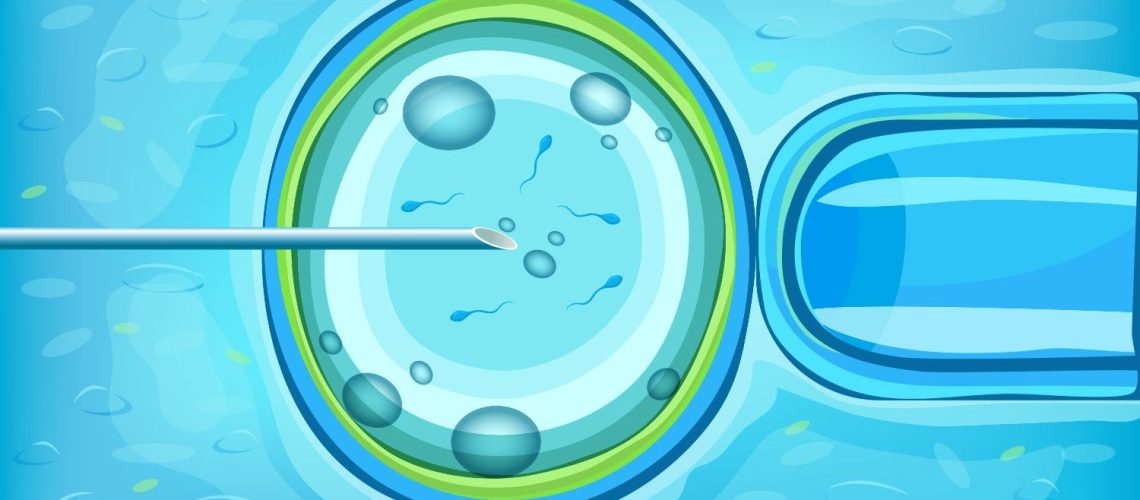Intracytoplasmic sperm injection (ICSI) is a specialized form of in vitro fertilization (IVF) mainly used to address male infertility issues. This advanced reproductive technology involves the direct injection of a single sperm into the cytoplasm of an egg, facilitating fertilization. ICSI is particularly beneficial in cases where sperm motility is poor, sperm count is low, or the sperm have difficulty penetrating the egg.
The ICSI process begins similarly to conventional IVF, where the female partner undergoes ovarian stimulation to produce multiple eggs, which are then retrieved through a minor surgical procedure. In the laboratory, the retrieved eggs are held in place under a microscope, and a single sperm is carefully selected and injected directly into the egg using a fine glass needle. This precise and delicate procedure significantly increases the chances of fertilization compared to natural or traditional IVF methods.
ICSI is often recommended for couples experiencing severe male infertility, such as azoospermia (absence of sperm in ejaculate) where sperm must be surgically retrieved from the testicles or epididymis. It is also utilized when previous IVF cycles have resulted in poor fertilization rates, or when eggs have been frozen and later thawed for use, as these eggs may have a harder outer shell that makes it difficult for sperm to penetrate naturally.
The success of ICSI largely depends on various factors, including the quality of the eggs and sperm, the woman’s age, and the underlying fertility issues. While ICSI has revolutionized the treatment of male infertility and offers hope to many couples who might otherwise have little chance of conceiving, it also comes with considerations. There is a slightly higher risk of genetic and developmental issues, though these risks are generally low and comparable to those associated with traditional IVF.
Overall, ICSI represents a significant advancement in assisted reproductive technology, providing a viable solution for many couples facing complex fertility challenges. Through this method, many couples have been able to achieve successful pregnancies and fulfill their dreams of having a family.

